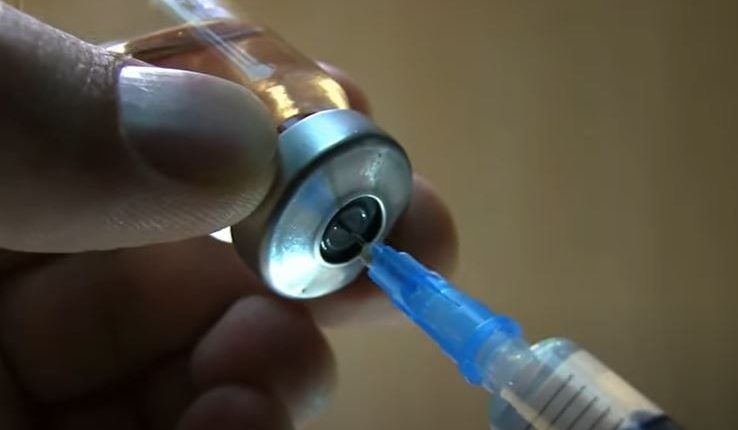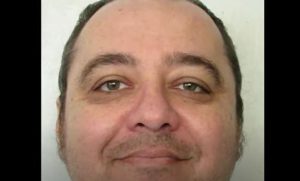
In a groundbreaking development, Alabama is poised to conduct the first-ever execution by nitrogen hypoxia on Thursday, reigniting debates about the ethical implications and sparking legal challenges.
Death row inmate Kenneth Eugene Smith, who previously experienced a failed attempt at lethal injection, stands at the center of this unprecedented execution method.
Alabama’s Untried Method of Nitrogen Hypoxia Raises Concerns
Nitrogen hypoxia is a form of execution that involves depriving an inmate of oxygen until they breathe nitrogen, leading to asphyxiation. Nitrogen, a colorless and odorless gas constituting about 80% of the air we breathe, becomes lethal when separated from oxygen.
Joel Zivot, an associate professor in anesthesiology at Emory University’s School of Medicine, acknowledged that nitrogen gas, under certain circumstances, can cause death. However, the precise workings of this untried execution method remain unclear.
Former Alabama State Sen. Tripp Pittman, who introduced the bill allowing nitrogen hypoxia in 2018, described it as a “more humane method” of execution.
However, Joel Zivot challenged this characterization, expressing concerns about the potential for a painful and prolonged death for Kenneth Eugene Smith.
Zivot highlighted potential complications, including the induction of seizures and vomiting if the gas is administered through a mask. He also emphasized the risks of leakage, posing dangers to the execution team present in the room with Smith.
In an unprecedented move, Rev. Jeff Hood, Smith’s spiritual adviser, was reportedly asked to sign a waiver before entering the execution room. Zivot likened this to having witnesses lined up next to the person facing a firing squad, emphasizing the gravity of the situation.
Zivot’s complaint to the United Nations Human Rights Council prompted a response from a group of U.N. experts who expressed concern that nitrogen hypoxia could result in a painful and humiliating death.
Thursday’s planned execution comes more than a year after the initial attempt to execute Smith by lethal injection failed in November 2022. Executioners struggled to find one of Smith’s veins, leading to a prolonged and ultimately unsuccessful effort.
Smith’s ordeal continued as he was strapped to a gurney for hours after the 11th Circuit Court of Appeals stayed his execution. The US Supreme Court eventually ruled that the execution could proceed, but the team faced challenges accessing a vein.
These failed executions, including difficulties in finding veins for other death row inmates, prompted Governor Kay Ivey to suspend all capital punishment. The state later resumed executions in July 2023 with the lethal injection of James Barber.
Read more: Death Row Appeal: Alabama Inmate Seeks Court Intervention To Halt
Ethical Concerns in Alabama Capital Punishment Case

Convicted in 1988 for the murder of 45-year-old Elizabeth Sennett, Smith was sentenced to death in 1996. Despite a jury vote of 11 to 1 in favor of life imprisonment, a trial judge overruled the decision, imposing the death penalty.
Sennett’s husband, Rev. Charles Sennett, orchestrated the murder to collect insurance money, paying Smith and another individual $1,000 each. The victim was stabbed multiple times, leading to a tragic chain of events, including Charles Sennett’s suicide a week later.
Smith has filed two legal challenges to halt the execution. One argues that Alabama’s plan could subject him to a painful or prolonged death due to the untested nature of nitrogen hypoxia. Another challenges the constitutionality of a second execution attempt after the failed lethal injection.
Alabama Solicitor General Edmund LaCour has defended the use of nitrogen hypoxia, asserting that Smith would lose consciousness quickly and feel no pain during the execution.
The Alabama Supreme Court rejected an appeal arguing cruel and unusual punishment, prompting Smith’s legal team to seek intervention from the US Supreme Court.
As the legal battle unfolds and ethical concerns persist, Kenneth Eugene Smith’s case underscores the complexities and controversies surrounding capital punishment in the United States.
Read more: Canada Considers Tighter Border Restrictions For Mexican Asylum Seekers

